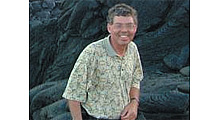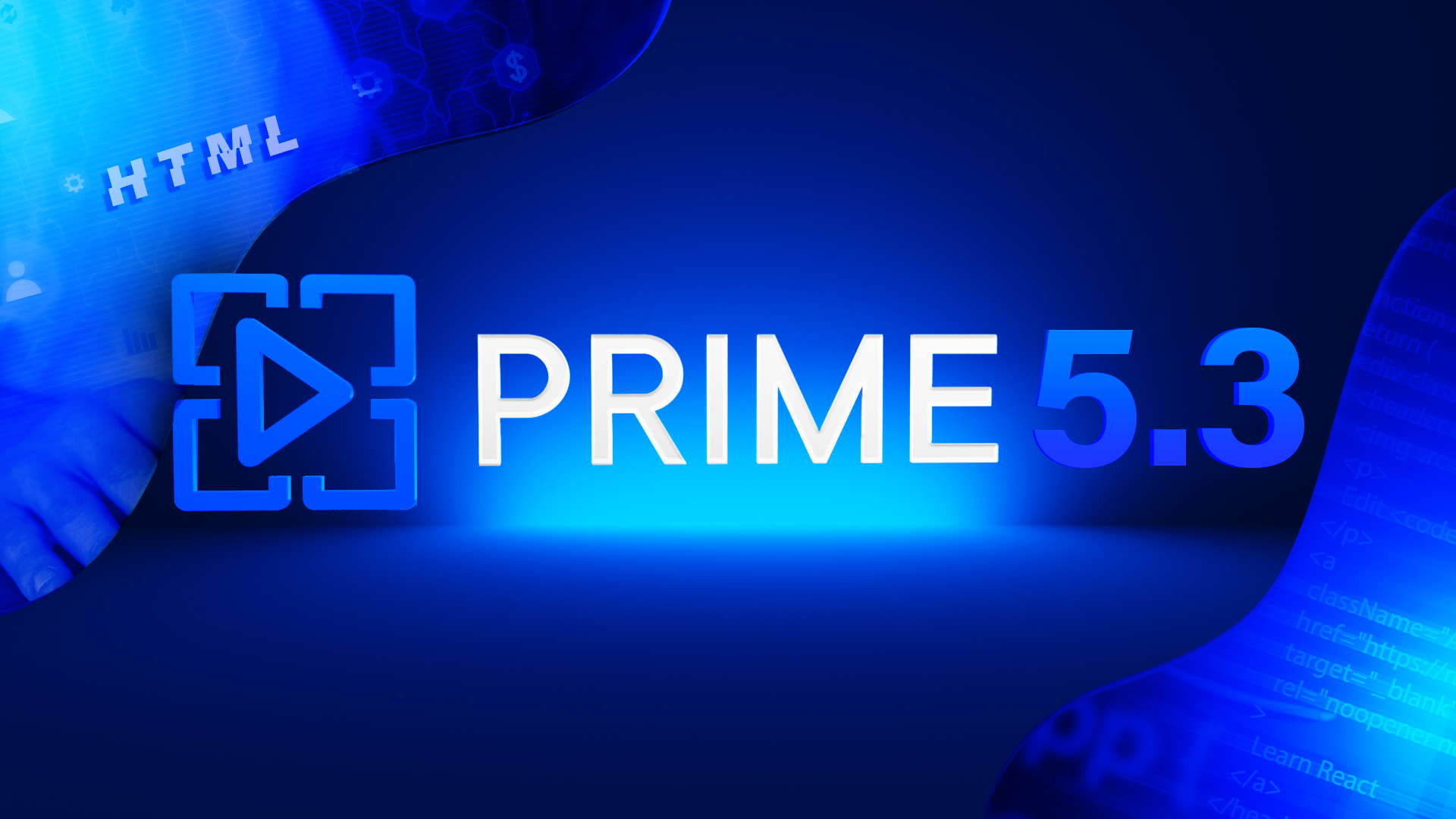The professional video industry's #1 source for news, trends and product and tech information. Sign up below.
You are now subscribed
Your newsletter sign-up was successful

Doug Lung
Repacking of TV channels near the U.S-Canadian border after the incentive auction is likely to be complicated. A bi-lateral U.S. agreement with Canada requires that the two countries protect stations within 250 miles of the border from harmful interference. Depending on the results of coordination between the countries, stations near the border that are shifted to new channels may not be able to provide full coverage. Also, wireless carriers using the reallocated spectrum may not be able to build out their networks in this area.
New York senators, Charles Schumer and Kirsten Gillibrand, have recognized that unresolved border interference issues could cause problems for the FCC’s incentive auction and have sent a letter to Secretary of State John Kerry which observes that “the FCC has taken the laboring oar with respect to U.S.-Canadian frequency coordination. However the potential adverse impact on American television viewers of this particular coordination is sufficiently important that we believe your Department should intervene, at a very high level, to help ensure a successful result.”
The letter continues, “Sound engineering, as well as good foreign policy, will require the use of the affected bands be harmonized between our two countries, so that Canadian television broadcasts don't interfere with wireless devices, and towers and devices on this side of the border don't interfere with Canadian television reception. As part of this harmonization process it will probably be necessary to rebalance the allotments reserved tor television broadcasting in our respective countries. This is likely to be a complicated and possibly contentious coordination. It's important to get it started quickly.”
The Senators wrote, “In our view, a successful incentive auction will both preserve the ability of Americans living along the U.S.-Canadian border to continue receiving the television broadcasts they now receive, while also freeing up a significant amount of spectrum for wireless broadband use.”
The border zone includes the Buffalo, Syracuse, Rochester, Plattsburg, and Watertown, New York television markets. However, problems in repacking these markets could ripple into surrounding markets, including Albany and New York City, as well as elsewhere in New York and New England.
The professional video industry's #1 source for news, trends and product and tech information. Sign up below.

Doug Lung is one of America's foremost authorities on broadcast RF technology. As vice president of Broadcast Technology for NBCUniversal Local, H. Douglas Lung leads NBC and Telemundo-owned stations’ RF and transmission affairs, including microwave, radars, satellite uplinks, and FCC technical filings. Beginning his career in 1976 at KSCI in Los Angeles, Lung has nearly 50 years of experience in broadcast television engineering. Beginning in 1985, he led the engineering department for what was to become the Telemundo network and station group, assisting in the design, construction and installation of the company’s broadcast and cable facilities. Other projects include work on the launch of Hawaii’s first UHF TV station, the rollout and testing of the ATSC mobile-handheld standard, and software development related to the incentive auction TV spectrum repack. A longtime columnist for TV Technology, Doug is also a regular contributor to IEEE Broadcast Technology. He is the recipient of the 2023 NAB Television Engineering Award. He also received a Tech Leadership Award from TV Tech publisher Future plc in 2021 and is a member of the IEEE Broadcast Technology Society and the Society of Broadcast Engineers.
